In 1973, the United Kingdom (UK) and Ireland joined the European Economic Community (EEC; predecessor to the European Union, EU) to address difficult economic issues. Common depressed economies and perceived inequalities between communities precipitated open violence in Northern Ireland, a UK nation sharing a 310-mile border with Ireland.
In 1985, the EEC established open borders between members. Continued violence in Northern Ireland kept the boundary closed until the Good Friday Agreement was signed in 1998, enabling greater economic opportunity. Yet nearly 20 years later, the UK held a ‘Brexit’ referendum for greater economic opportunity and voted by 52% to leave the EU.
Negotiations involve engaging discussions between people, not disembodied factions. Engagement includes developing support and assessing change. And developing support comes first in productive encounters.
Developing support includes four steps about the ‘who’ of the negotiation: undertaking earnest discussion, grappling with reflective listening, wrestling with uncomfortable ambiguity, and partaking in warm trust.
Vaporous Trust
Former U.S. Senator George Mitchell, the lead negotiator of the Good Friday Agreement, spent three years negotiating between two governments, Ireland and the UK, and eight Northern Ireland political parties divided across a spectrum of unionist (i.e., UK / Protestant) and republican (i.e., Ireland / Catholic) ideologies. An abyss of mistrust dug over the prior two decades was rebuilt day-by-day between individuals. In contrast, Brexit was a campaign for a binary vote, not a negotiation.
Negotiations are between individuals, and people need time to create and accept trusting relationships. Trust can be easily lost over issues within a negotiation or from outside influences. Trust is fleeting.
Negotiators require time to navigate an individual’s perceptions of the past, present, and future and create a relationship. They must explore the complicated and naturally ambiguous meaning of words in speech and script.
Pervasive Ambiguity
Brexit asked a deceptively simple question: should they remain or leave? The language left ambiguous any separate treatment of the UK’s nations, how or when leaving might occur, or the future relationship with the EU. Yes-or-no campaign rhetoric left voters to imagine impacts on trade, immigration, and jobs. The nations of Scotland and Northern Ireland voted overwhelmingly to remain in the EU. Mitchell managed ambiguity; Brexit ignored it.
Addressing a complicated topic with black-or-white rhetoric is a recipe for unintended consequences and negotiation failure. Claiming (and wishing for) simplicity does not resolve inherent and ever-present complexity.
Yes-or-no leaves little room for the shades of gray always present and deftly managed by our tools for understanding. Successful negotiation requires the effective processing of ambiguity, enabling parties to find mutual solutions.
Motivated Listening
Mitchell created support throughout the negotiation of the Good Friday Agreement by listening, building trust in the team and a collaborative process, and using patience as leverage to overcome a declining power of violence. It took Mitchell and his team over two months just to negotiate the rules of the negotiation process. Time for nuance and familiarity.
Leave campaigners for Brexit vowed not to abide by the EU’s exit clause, Article 50, and its defined two-year process for negotiating a future relationship. Such a ‘hard exit’ would eliminate the UK’s treaty obligations, potentially impacting the UK’s international and economic positions. A hard Irish border risked renewed sectarian violence. Subtlety was ignored.
Listening builds relationships and trust. Individuals want to be heard and understood; they want their perspective affirmed more than confirmed. Reflective listening acknowledges but does not denote agreement.
Political campaigning does not generate trust between people; it often seeks to divide more than aspire to a common goal. Rhetoric is debate, with listening and trust generally absent, consisting of little if any dialogue.
Discussion Redux
After the referendum, EU leaders aligned smoothly in support of their continuing member Ireland for keeping the economic and cultural border open with Northern Ireland—a status impossible with a hard exit. In the UK, Brexit unleashed a lengthy and bombastic struggle to give agreeable definitions to the simple vote. Four years, two elections, and three Prime Ministers later, the UK faces an uncertain future with their EU treaties expiring at the end of 2020.
Discussion leads to beneficial solutions. We listen more than we talk, are patient in resolving ever-present ambiguity, and purposefully build trusting relationships. Dialogue is a successful engagement toward partnership.

